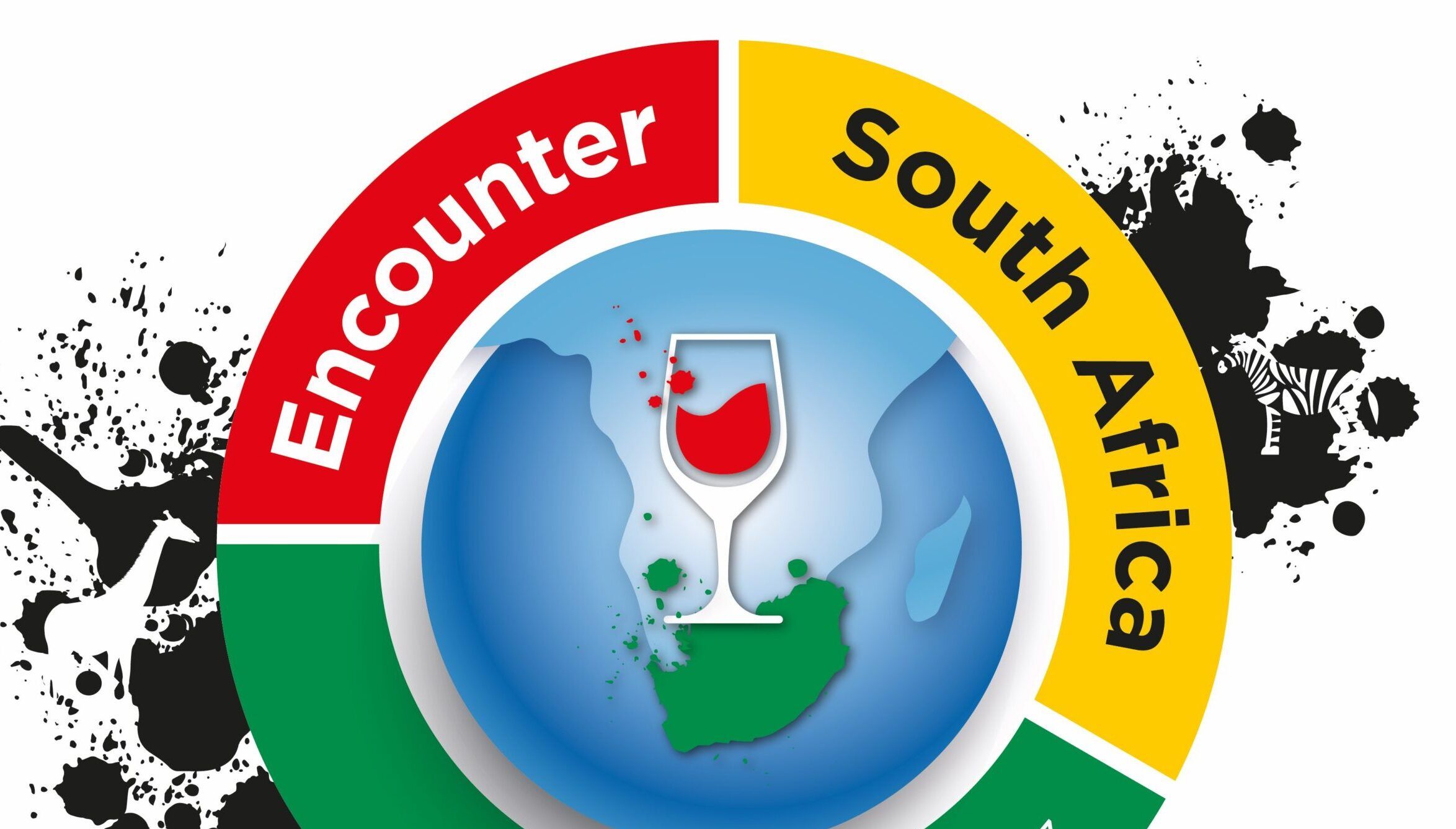As South Africa’s biggest export market the opportunity to show its wines in London on July 4 can’t come soon enough. Find out more and to register for Encounter South Africa go to its website here.
You are back with a major generic tasting – Encounter South Africa – the first since in covid, in July – what can buyers expect?
We have around 100 producers exhibiting at the tasting on July 4, at a new venue for us, Between The Bridges in London Waterloo, spanning everything from large scale producers to small boutique wineries and Black Owned Enterprises. The event will offer the opportunity to meet with existing suppliers, find new partners looking to break into the UK market and to discover trends and developments within the South African wine industry. It’s a chance to get a comprehensive update on the category in one hit.
How important is for you to be able to run your own event again after Covid?
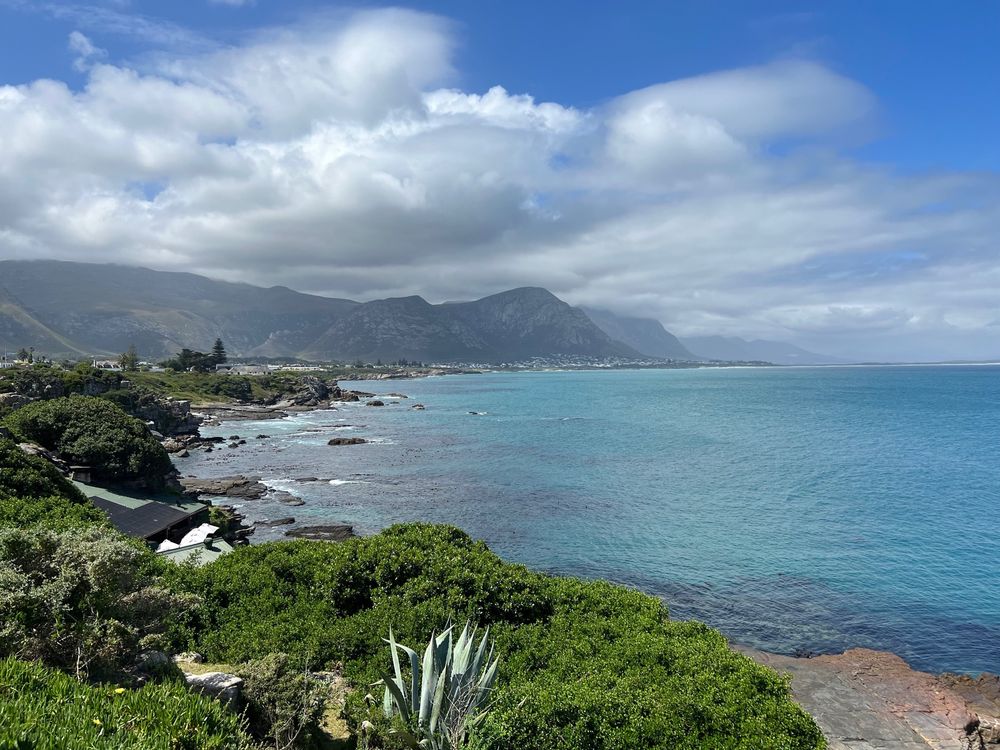
Encounter South Africa will be Wines of South Africa’s first major UK tasting since before Covid
The Covid years certainly threw everything out in terms of major tastings and we had to push Cape Wine back a year to accommodate the restrictions. As such, it feels like a long time since we have run a significant South African focused trade event in the UK. As the leading market for exports, it’s essential that we are able to connect with the importers, buyers, on-trade and media in this market.
Any particular themes you want to push with this year’s tasting?
One focus area for this year’s tasting is the Cap Classique Club, which will showcase 23 wines from a wide variety of producers, in this growing category. Cap Classique (previously referred to as MCC) is South Africa’s answer to premium sparking wine, made in the traditional method with a second fermentation in the bottle; the wines are matured for a minimum of 12 months before disgorging.
Producers of South Africa’s Cap Classique recently celebrated the 50th anniversary of the wine style, first introduced to the country by Simonsig Wine Estate.
Sustainability was also a major theme for last year’s CapeWine event – what other projects and initiatives can you point to that shows what South Africa is doing to be sustainable and raising the environmental bar?
Highlighting South Africa’s long-standing drive to improve and promote sustainability will be the Tread Lightly Tasting Space, which will have a focus on six key themes around both social and environmental sustainability, namely: Organic & Biodynamic; Upliftment & Social Development; WWF Conservation Champions; Water Preservation; Drought Tolerant Grape Varieties and Fairtrade.
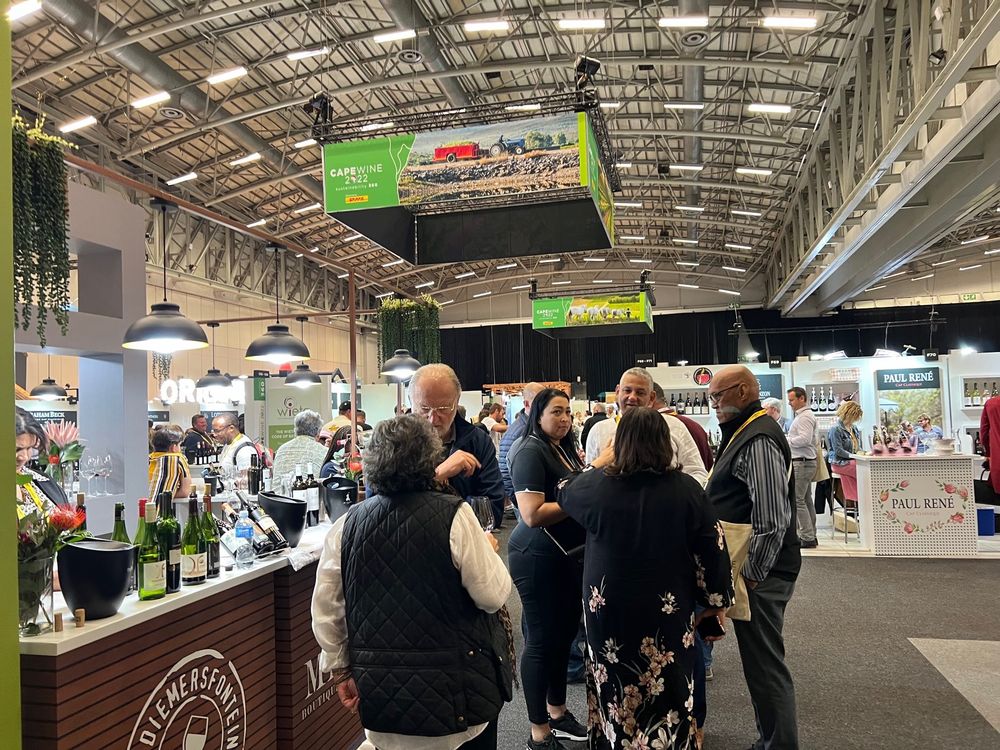
There was a major focus on all the steps the country is taking to tackle sustainability in the vineyards and its supply in South Africa at last year’s Cape Wine
Also exhibiting in the Tread Lightly Tasting Space will be The Pebbles Project, a South African winelands-based charity that aims to enable children from agricultural communities to access quality education, health, nutrition and social work services.
South Africa was the first country to launch an industry wide sustainability initiative with the introduction of the Sustainability Seal in 2010 and the country goes from strength to strength with developments around people and place. In addition, The Wine and Agricultural Ethical Trade Association (WIETA) advocates an ethical code of good conduct governing labour and social standards for those involved in the wine and agricultural industries. Around 80 per cent of South African wine production is WIETA accredited and this figure is still growing.
Will you be having producers over from South Africa taking part?
Absolutely, we have many producers making their way to London for the event, alongside their UK importers. Expect to see some warm smiles and friendly faces as you make your way around the tasting.
What sort of masterclasses and seminars do you have planned?
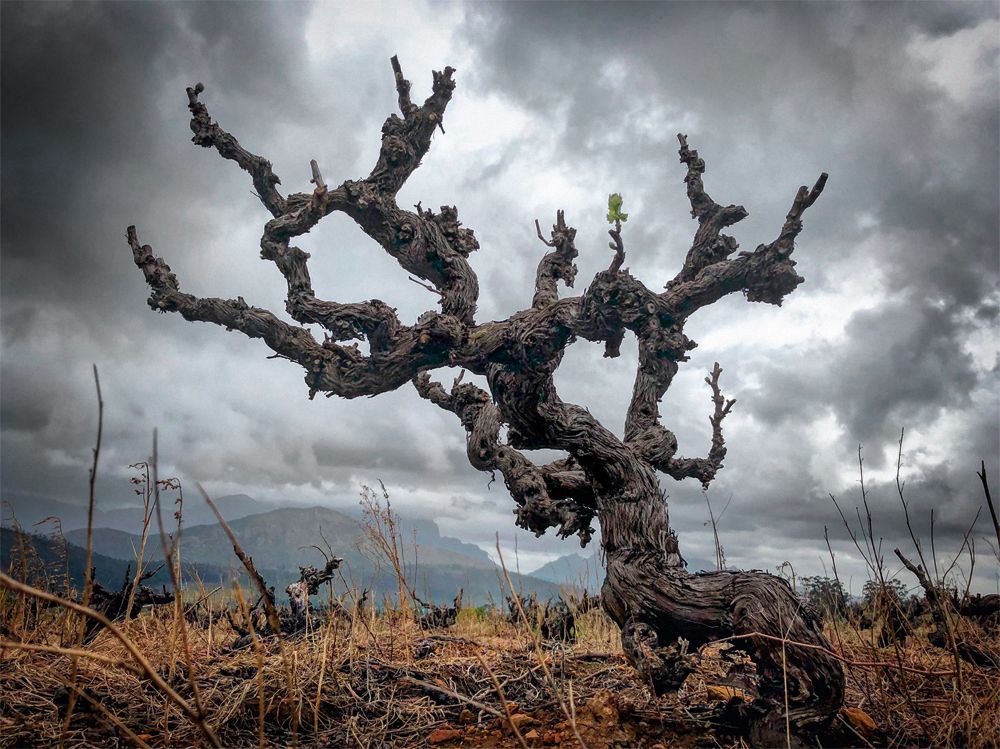
There will be a focus on South Africa’s Old Vine Project and the steps being taken in the country to promote and protect old vines at the tasting
We have a seminar in partnership with the much-applauded Old Vine Project at 11.30am, taking place in The Pier at the Encounter South Africa venue. The seminar will focus on the significant role that old vines have played in shaping the image of premium South African wine, the desire to plant for the future of the industry and the impact on climate change in the short and long term.
Attendees willfind out more about how South Africa’s old vines are helping to grow a sustainable future and taste wines that highlight these beautiful vineyards at their very best. Seats will be allocated on a first come, first served basis.
How is the overall South African category doing in the UK at the moment – key areas for sales growth and opportunities?
After a bumper year for wines coming to the UK in 2021, where South African exports were up 20% by value and 12% by volume, 2022 proved to be a trickier year, ending with an uplift of 5% by volume but a drop of 5% by value, largely due to an increase in bulk wines coming to the market during that period.
2023 has also had its challenges and got off to a slow start in January to March. April and May, however, have seen much stronger export performance and we are currently sitting at exports down 3% year-on-year to the end of May 2023. South Africa has had some major challenges with shipping but we are optimistic that this year will end on a high despite the many logistical challenges our producers have been facing.
South African wines are continually lauded by independent retailers and wine specialist chains as being some of the most exciting and charismatic available, delivering excellent value at all price points and showing potential for further sales growth.
Which styles are attracting the most interest?

Exports from South Africa have slipped back slightly from a bumper year in 2021
South Africa is such a diverse wine nation that it’s very difficult to pin-point a few individual styles, ask 10 producers and you would likely get 10 different answers.
The aforementioned Cap Classique wines have been doing very well and attracting a lot of column inches. South African Sauvignon Blanc has been stealing a march on New Zealand, filling the gaps where supply was an issue. Lighter and more sophisticated styles of Pinotage have been changing perceptions of this home-grown grape variety and Chenin Blanc remains a great flagship white for the country.
The Agulhas Wine Triangle has been making inroads in exports and the Stellenbosch Cabernet grouping is showing how one of our most traditional wine regions can produce wines that stand their ground among the best in the world. Then there are the wonderful, often quirky, blends coming from areas such as Swartland. Cinsault is a variety that has really begun to gain traction in the UK too. I could go on…
Any particular challenges you are having to overcome?
South Africa has had more than a fair share of challenges over the past few years, transport of wine was banned during lockdowns and local wine sales were also halted. Issues with the port and shipping have had a significant impact on exports and the cost of dry goods has increased. The ongoing loadshedding (planned power cuts) in the country has been an immense challenge for all businesses, especially during harvest. Investment in generators or other power supplies such as solar puts financial pressure on producers.
What other key markets does South Africa have for growth around the world?
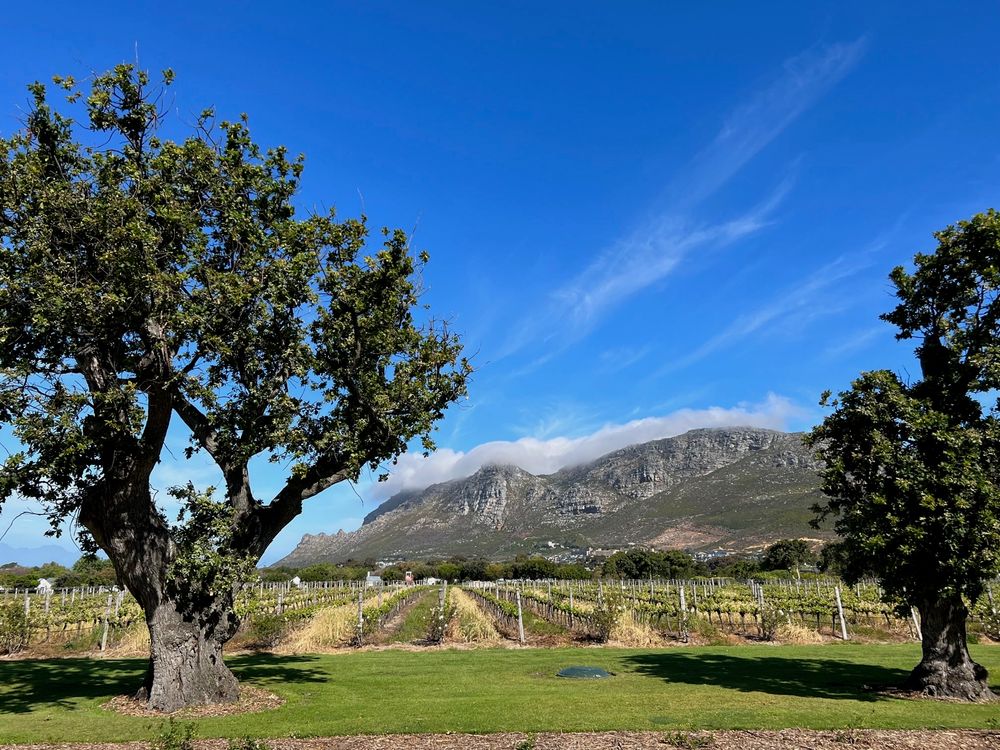
South Africa is looking to focus on growing its wine sales in other major African countries
There is a lot of potential around the globe, so Wines of South Africa has identified key markets in which there is the capacity for growth, such as USA, China, Japan and Hong Kong. In Africa the focus is on Kenya, Tanzania, Uganda, Ghana, Nigeria and Angola.
There is also a need to keep driving growth and premiumisation in more established markets such as Canada, UK, Germany, Sweden and The Netherlands.
What is the harvest looking like in terms of volume and quality and impact on pricing?
Wine lovers from all over the world can look forward to excellent wines from a much cooler and smaller 2023 wine grape season in South Africa. The 2023 wine grape harvest is estimated at 1,180 093 tonnes, according to the latest harvest estimate by industry body SAWIS (South African Wine Industry Information and Systems) on May12 2023. This is 14.2% smaller than the 2022 harvest.
The 2022/2023 season will be remembered for the dry and warmer winter, generally good growing conditions during the vegetative growth phase, good rain shortly before véraison which benefited quality, and a cool and wet ripening period which gave grapes a chance to ripen optimally at a slower rate.
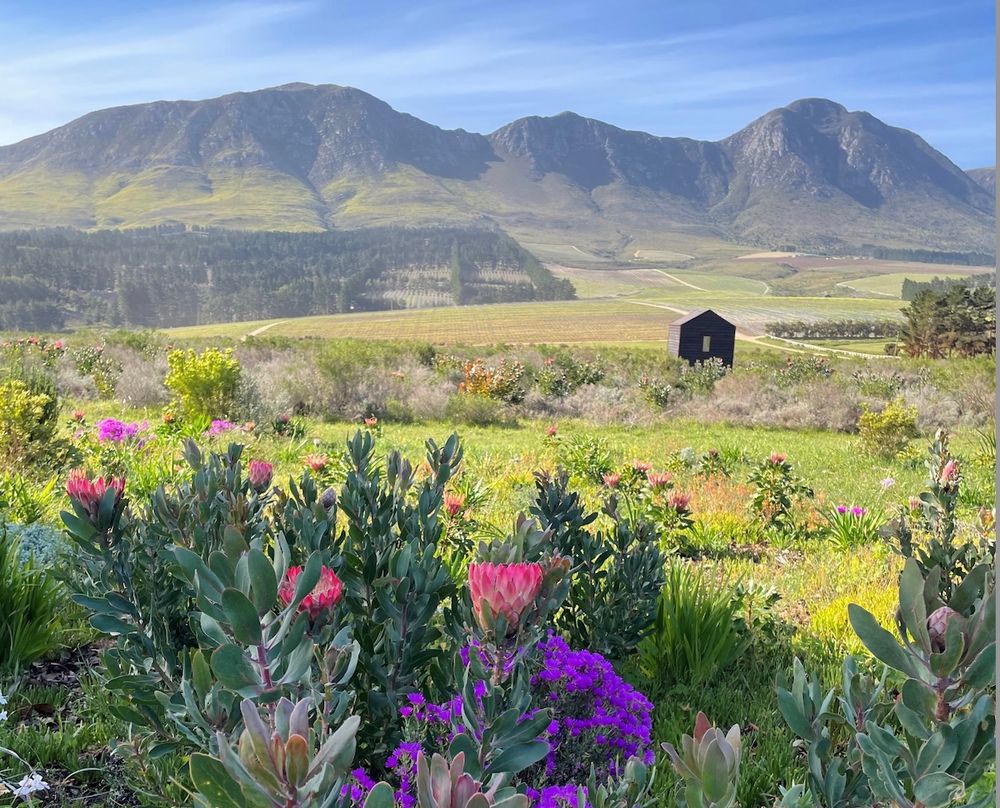
The 2023 harvest looks like being around 14% smaller than the 2022 harvest but will help balance overall wine supplies
The wine industry’s stock levels are currently in equilibrium, unlike during the Covid-19 pandemic, during which the wine industry was not allowed to trade for 200 days, and the stock levels stood at 650 million litres. This takes the pressure off producers to clear cellar space and the increased costs of dry goods and energy should be considered. The rand has weakened significantly since the beginning of the year which may help to off set some of that pressure for exports.
- To register for Encounter South Africa visit www.encountersouthafrica.com. For any questions please contact info@winesofsa.com. Encounter South Africa’s
